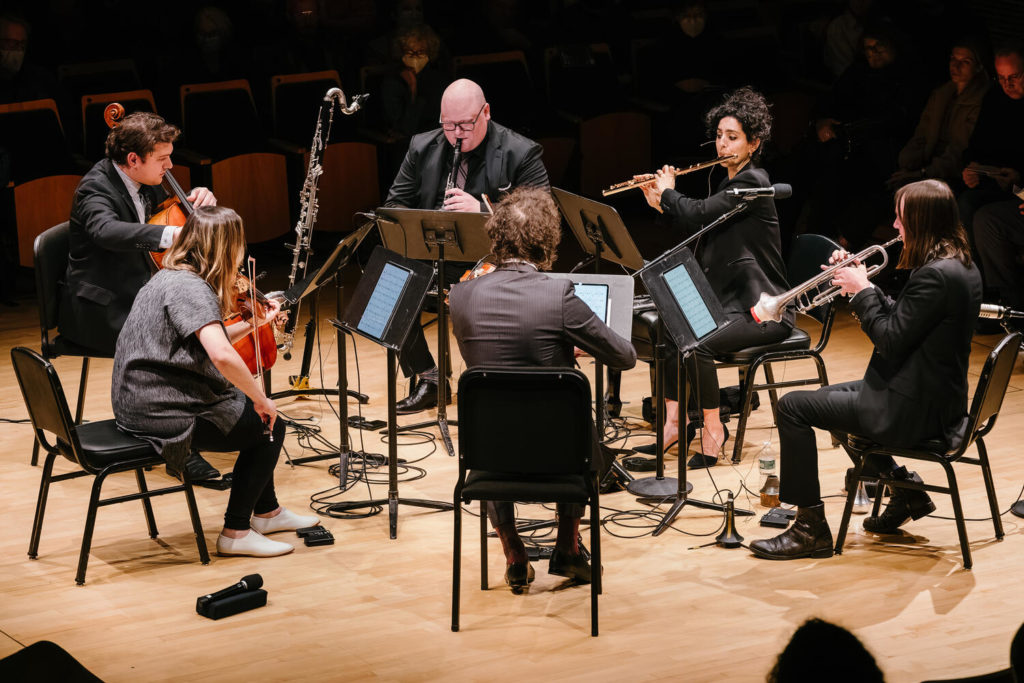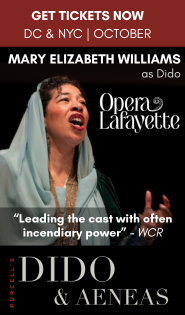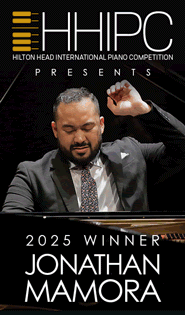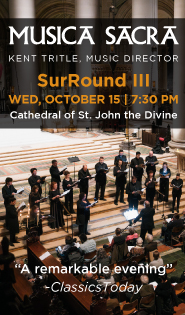Hybrid ensemble-band yMusic shows its best side in Carnegie Hall recital
In most music, they’re called bands; in classical music, they’re ensembles. In general, they’re the same thing, groups of musicians that play music. The main distinction is on the compositional side: Bands play their own music while ensembles play music written by outside composers.
New York City’s yMusic crew identifies as both, a chamber ensemble that is a band. On Thursday night in the round at Carnegie Hall’s Zankel Hall, they ran the two playbooks. The ensemble program was a world premiere from Allison Loggins-Hull and a New York premiere by Andrew Norman. The band set consisted of yMusic’s own material, recent original compositions influenced by their experiences touring with musicians such as Paul Simon.
The end result was an impression that yMusic is as fine an ensemble as they’ve always been, but not quite a band.
The first half of the concert was the proving ground for the band idea, nine short pieces that the program politely labelled as “selected works,” and identified in the classical manner by year of composition and if it was any kind of premiere. But these were songs from the band, some including vocals by flutist Alex Sopp, tracks that yMusic had worked up collaboratively on and off tour. This was all pretty new stuff, from 2019 and 2020, but also right in line with the group’s repertoire over the last decade-plus.
During that time, yMusic has been an important part of the indie classical scene, playing polyrhythmic, contrapuntal post-minimalist works, music that often has short, punchy themes and a strong beat, and tries to be populist and unfussy in ways closer to pop music than classical music.
This sequence of works was just that — lively, aphoristic, with an appealing stance. These were primarily instrumental songs, and the best of them, like Cloud and Whosay, had satisfying forms — songs that said something clearly and culminated at the right moment.
Others were full of interesting and engaging details but were let down in one way or another: Peter Inn, as beguiling as it was, seemed to be preparing for another section that never came; while Baragon had innovative use of piccolo and trumpet as rhythmic instruments, but undercut that with an arrangement that placed both instruments in their upper register for extended periods.
It’s arguably harder to write a good song than a good sonata — a clear, specific statement that resonates, and has just the right means and duration, is a supreme challenge. The first half of the concert demonstrated that good musical ideas and playing don’t always yield a good song.
Immediately after intermission came Loggins-Hull’s Supply. Co-commissioned by Carnegie Hall, his was an elegant puzzle, full of well-made details, beautifully played, but caught in the same trap as much of the first half was.
Loggins-Hull has said the piece is about feeding “the need for narcissistic supply,” and was inspired by a true story of a couple in a workplace extramarital affair: “The two found themselves living in a fantasy world, and used their affair as a means to escape and dissociate from their everyday lives and issues.”
Musically, that diagnosis presented as slicing, syncopated rhythms and ensemble lines that came in sections, shifting from one to another before the previous one reached any resolution. Over this, Sopp sang short lyrics that, like the underlying music, hinted at direction before jump-cutting to something new: “We are getting close. / I want what I can’t have.”
A listener could appreciate the concept but still feel its execution falling short. The juxtapositions of sections didn’t feel unstable — each section in and of itself was polished and skillful. But the excellent components still came together as something unfinished: an abstract composition that Loggins-Hull had clearly envisioned as a song, but was caught somewhere between the two and worked as neither.
Andrew Norman is one of the finest and most interesting of living contemporary composers, and it’s a shame that New York audiences get so few chances to hear his work. Difference, also a Carnegie co-commission. reinforced both those thoughts. It was another gripping, thrilling work, played with the kind of energy that gets the music and the musicians feeding each other.
The piece was textbook Norman, employing the simplest material and means, through a tremendous personal voice, to make gorgeous complexity. Difference literally laid out and stacked up notes: The musicians started out trading the same pitch in rapid sequence, but with constant changes in articulation, timbre and direction. Then they compiled the notes into chords containing uncanny dissonances within. The whole sequence was then reversed, the notes falling out in overlapping sequence.
This all happened in the most basic form of rise and fall, fast and slow and fast, loud and quiet and loud — in a way this was sonata-allegro form. The magic is that from the very first note, the piece harnessed constant energy. Norman has a profound skill at judging pace and producing momentum, even slow music pushes forward, while fast music hurtles, but never beyond the capacity of the ear to follow. Difference was one of the most vital things heard this season.
Third Coast Percussion and dancers Lil Buck and Cameron Murphy perform in Zankel Hall, 7:30 p.m. Friday carnegiehall.org







